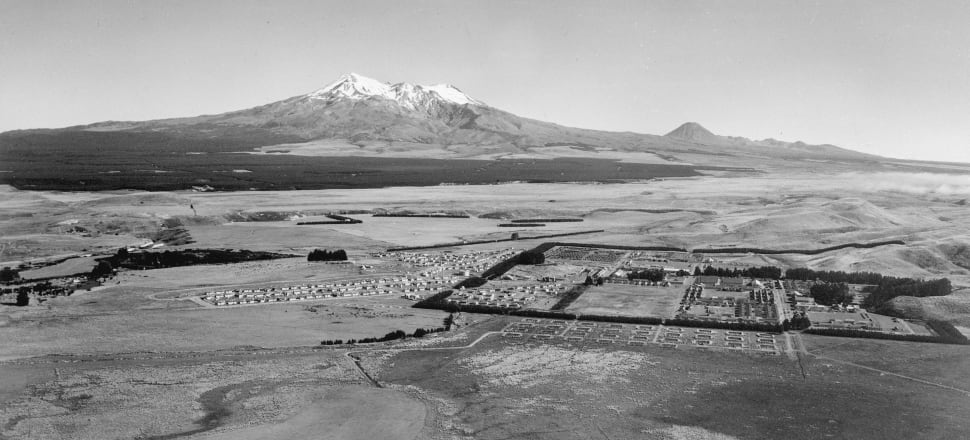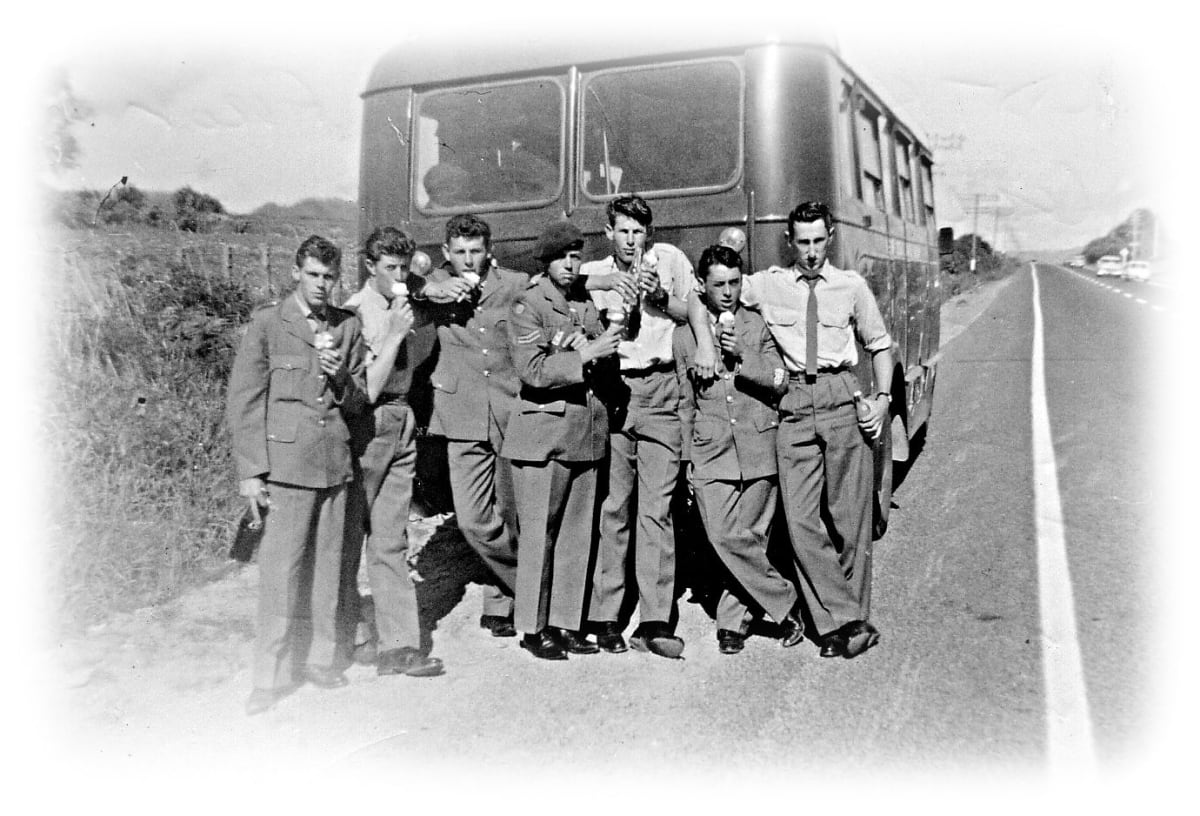
A book for Anzac Day
In most organisations you learn to hide your weaknesses. The military does not allow this. It ruthlessly exposes them and then drives you to band together and use each other’s strengths to compensate for each other’s weaknesses: the essentials of true teamwork.
In his book Home Base: Poems on life as a Regular Force Cadet 1964-1966, Keith Westwater writes of those who we served in the army with as true brothers in arms. Home Base is not your usual military memoir. Indeed, I never thought one could be inspired to poetry by their Waiouru years. But this is a potpourri of delights. As Keith described it to me when he invited me to launch his book: "Ostensibly a book of poems, the book is in a bricolage format… and also includes photos, short prose pieces, topo map extracts, diagrams, quotations, and extracts from a diary I kept in 1965. It presents a memoir snapshot of my time in RF Cadets."
It is the story of his time as a Regular Force Cadet, an organisation that no longer exists, based in the Army Training Group Waiouru which at that time was the largest military camp in New Zealand. This too has shrunk to a shadow of its former self but in the 1960s, when Keith and I joined the Army, it was the entry point for everyone.
Waiouru became Keith’s home after his stepmother drove him out at the age of 15. He bares his soul on the unhappiness of his childhood in a similarly structured first volume of autobiography No One Home which I read searching for clues about this friend that I suddenly did not know. I read each volume at one sitting and emailed Keith, "Overwhelmed by both books. First, heart-wrenchingly sad and the second needs the first to read between the lines. Flooded by memories of the place and the people. Looking forward to volume 3."
It made me think back on my own life in the military and also about how well we actually knew those we served with.
Keith joined the Regular Force Cadets as a 15-year-old in 1964 while in 1966, I went to the Royal Military College Duntroon as an 18-year-old on a four-year course. The RF Cadet School Waiouru accepted entrants at 15, 16, and 17. It was both military institution, trade and educational school. Keith graduated in the term he turned 18 and so spent three years in Waiouru, – the first of some 10 years of service he would accumulate in the shadow of Mount Ruapehu. I cannot match that. I guess I could add up to nine months on the various courses and then five years over two postings. September 1976-October 1979 and then back again after 15 months at Staff College in the UK from 1981-1982.
Like it or not, Waiouru is a part of me as much as it is for my family who also grew up in the shadow of the mountain. When you think about it, everyone who served there grew in one way or another.

Myself and six other New Zealand RMC entrants had our first week’s introduction to the New Zealand Army in Waiouru before flying to Canberra in 1966. We were melded in the fire of that experience and the three of us who graduated in 1969 know each other intimately and remain comrades to this day. Keith writes with a knowledge and relationship born of the trials and tribulations of military service to a degree only experienced by classmates under siege where the system deliberately explores how to break you.
After reading Home Base I feel I know Keith much better now than I ever did in our years of military service. There is so much that is familiar to me: the clanking and clanging of the steam heating pipes in the barrack blocks at night, the realities of drill and spit-polishing boots; the faces of those who commanded you and who served with you. People who suddenly appear in front of you when Keith’s words flood you with memory. As he puts it:
With an old soldier-boy’s hindsight
I buff the boots of my past
Iron out memory’s wrinkles
Get ready to march on.
No one should be able to say so much in such succinct volumes – but he has. It's a marvelous achievement. Home Base offers thousands of Waiouru veterans and their families glimpses of a world we all knew. Each of us who served there, lived some part of what he describes. It was his doorway into a career in the Army – for a lost boy it became a home.
In his poem "The best and the worst of it", he writes:
Doing change parades on CB
Getting into trouble and not getting caught
Barrellings from senior class pricks
Trust and faith in your mates
Fish and chips on Sunday afternoons
It wasn’t such a bad place
Home Base: Poems on life as a Regular Force Cadet 1964-1966 by Keith Westwater (The Cuba Press, $25) is available in bookstores nationwide.







